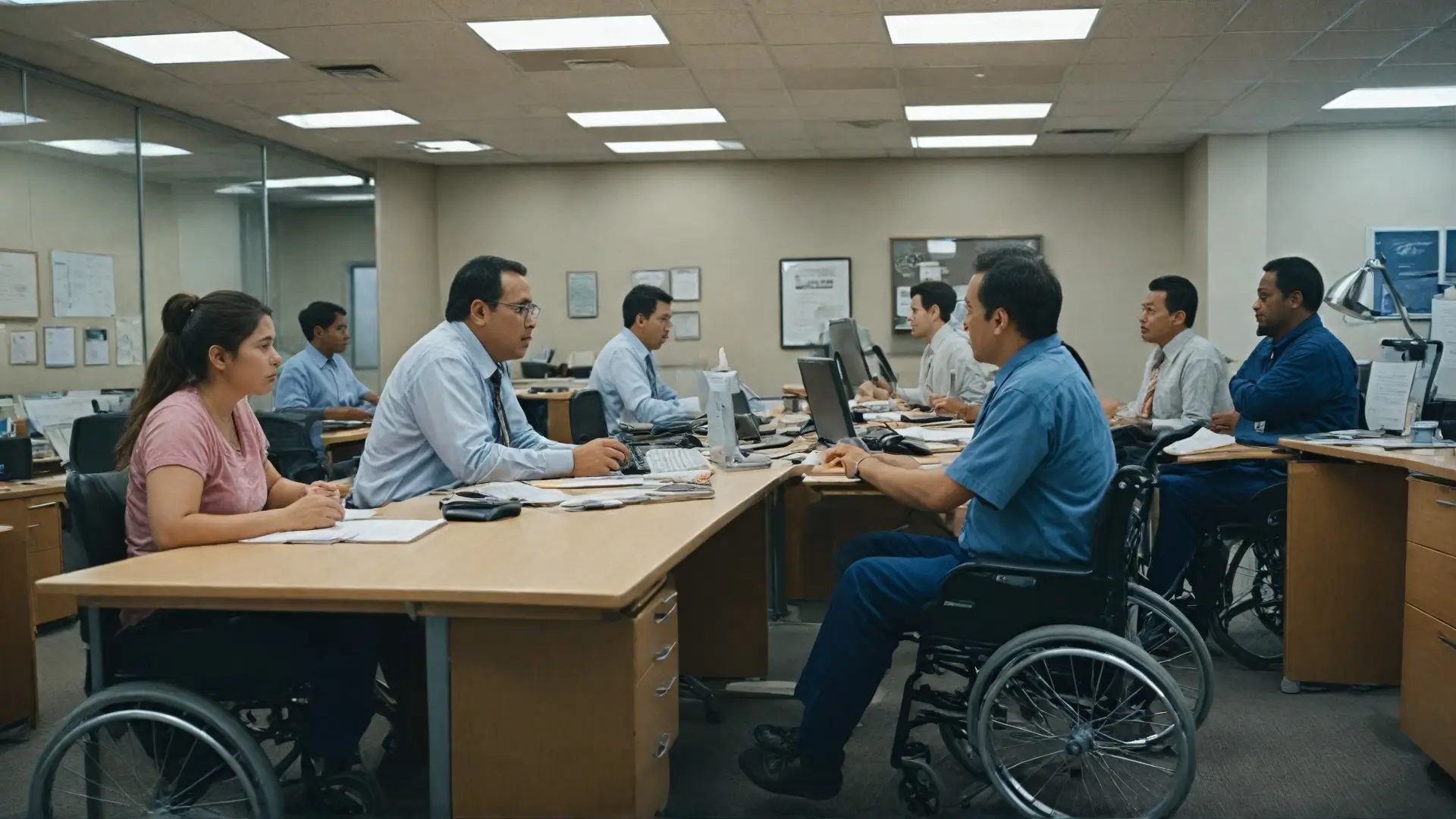Know Your Rights as a Job Seeker
Employment is a vital part of personal growth, and understanding your rights as a person with disabilities is the first step toward securing fair and equal opportunities. Employment laws are in place to prevent discrimination and provide accommodations, ensuring that all individuals can contribute their skills and talents. At Equal Capable Employment laws, we are committed to providing resources that empower job seekers to navigate the job market confidently.
Essential Employment laws Protecting People with Disabilities
Americans with Disabilities Act (ADA)
The ADA is a landmark law that prohibits discrimination against people with disabilities in various areas, including employment. It requires employers to provide reasonable accommodations so that individuals with disabilities can perform their jobs effectively. From physical adjustments in the workplace to modified work schedules, the ADA ensures you receive the support you need.
Rehabilitation Act of 1973
Similar to the ADA, the Rehabilitation Act applies to federal agencies and contractors. Section 504 and Section 503 of the Act ensure that any entity receiving federal funds cannot discriminate against individuals with disabilities. If you’re pursuing a job within a government agency or an organization that holds government contracts, this law protects your rights.
Reasonable Accommodations: What to Expect Employment laws
What Are Reasonable Accommodations?
Employers are required to provide “reasonable accommodations” to enable individuals with disabilities to perform their job roles. These accommodations vary depending on individual needs and may include modified work schedules, assistive technologies, or adjusted workspaces. For example, if you have limited mobility, your employer may adjust your workspace to be more accessible.
How to Request Accommodations
Knowing how to request accommodations can make your workplace more supportive and comfortable. Start by informing your employer about your specific needs and work together to identify solutions. It’s helpful to provide documentation from a healthcare professional, though many employers are open to discussions without requiring extensive paperwork.
Interview Rights and Anti-Discrimination Protections
Understanding Your Rights During the Interview Process
The hiring process should be fair and free of discrimination. Interviewers cannot ask about your disability or health status unless it directly relates to essential job functions. Focus on highlighting your skills, experience, and how you can contribute to the company’s goals. If you need accommodations for the interview, such as wheelchair accessibility or additional time, you are entitled to request them.
Know What Employers Can and Cannot Ask
Employers are not allowed to ask questions that could lead to discrimination, such as details about your disability or medical history. Instead, they may ask if you can perform the essential functions of the job with or without accommodations. This approach enables you to discuss your abilities and the contributions you can make to the team.
What to Do If You Experience Discrimination
Recognize the Signs of Discrimination
Discrimination can occur in various ways, including unequal treatment, refusal to provide accommodations, or biased comments. Familiarize yourself with subtle signs of discrimination so that you can address them if they arise. If you feel you’ve been treated unfairly, remember that legal avenues are available to help.
How to File a Complaint
If you believe your rights have been violated, you can file a complaint with the Equal Employment Opportunity Commission (EEOC). The EEOC is responsible for enforcing laws against workplace discrimination, and they can investigate your case. Complaints can typically be filed online, by phone, or in person at an EEOC office.
Your Right to Privacy
Confidentiality and Medical Information
The ADA mandates that medical information related to your disability must remain confidential. Employers are required to keep this information separate from your employment records. This privacy ensures that your medical history does not impact your employment experience or opportunities.
Requesting Privacy Accommodations
If your disability is not visibly apparent and you wish to keep it private, you have the right to disclose only necessary information. Employers should not share details about your accommodations or medical history with coworkers without your consent.
Equal Pay and Career Advancement
Equal Pay for Equal Work
People with disabilities are entitled to equal pay and benefits for performing the same job as their non-disabled colleagues. If you believe you are not receiving fair compensation, you may consult the EEOC or contact your HR department to ensure your rights are respected.
Opportunities for Growth
You have the right to pursue career growth opportunities without limitations. Employers cannot deny you promotions, training, or assignments based on your disability. Access to training and advancement should be available to everyone, promoting an inclusive work environment.













